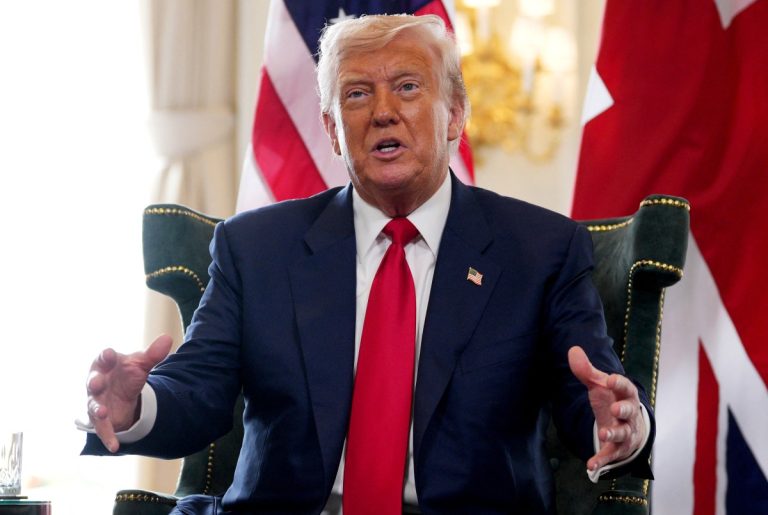By Peter Omopo / August 2, 2025
The United States government has imposed a 15 per cent import tariff on Nigerian exports, as part of a sweeping new executive order signed by President Donald Trump, in a move expected to further strain economic relations between both countries.
The tariff hike, which also affects several other African and developing nations, was announced Thursday under Trump’s expanded “reciprocal tariff rates” policy, aimed at restructuring U.S. global trade relationships.
This marks a significant escalation from an earlier 14 per cent tariff placed on Nigerian goods in April, which was temporarily suspended for 90 days to allow room for bilateral negotiations. With the August 1 deadline expired and no deal reached, the White House moved to enforce the new rates.
According to a revised trade document obtained by Saturday PUNCH, the Trump administration cited the failure of affected nations to reciprocate favorable trade terms as justification for the increased tariffs. In total, over 40 countries—including Nigeria, Ghana, South Korea, New Zealand, and Israel—were hit with the 15 per cent tariff.
Other affected nations include Afghanistan, Angola, Botswana, Cameroon, Côte d’Ivoire, Ecuador, Fiji, Jordan, Mozambique, Papua New Guinea, Uganda, and Zimbabwe, among others.
The announcement comes on the heels of a broader diplomatic chill, as Trump’s administration also imposed travel restrictions on several African nations in June. Nigeria, which was not initially listed, was later added, heightening tensions with U.S. officials and complicating bilateral engagements.
Despite earlier diplomatic outreach, U.S. negotiators were unable to finalize a single new trade agreement with any African nation before the tariff deadline, raising concerns among African governments and business communities.
Economic analysts warn that the new tariffs could have serious implications for Nigeria’s export-driven sectors, particularly agriculture, textiles, and raw materials, which form a significant portion of trade with the U.S.
The Trump administration has defended the measures as part of a broader effort to “restore fairness” to America’s trade relationships. However, critics argue that the policy risks isolating the U.S. from emerging markets and damaging long-standing strategic partnerships.
No official response has yet been issued by the Nigerian government as of press time.

